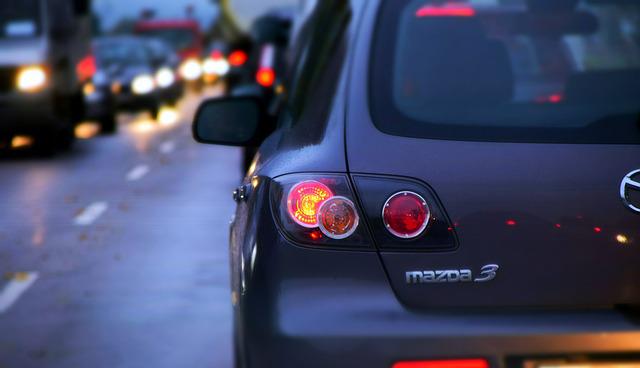The police have given their consent to Copenhagen Municipality’s plans to reduce the 50 km/h speed limit on roads throughout the capital.
Copenhagen will be split into zones where the speed limit will either be 30 km/h (in the city centre and inner-city ‘Bro’ districts) or 40 km/h (in the outer districts).
When the plans were announced last year, City Hall explained: “By reducing the speed by 10km/h in Copenhagen, it is expected to make it less attractive to take the car due to longer transport times.”
Trials have resulted in fewer accidents
According to Line Barfod, the Copenhagen technology and environment mayor, trials to test the new limits have been successful.
“There are significantly fewer accidents and also significantly fewer serious accidents – especially for cyclists and pedestrians,” she said.
Trials this spring will test the limits in the outer districts of Valby and Vanløse.
Environmental issues also a factor
The green light for Copenhagen follows reports last week that 12 mayors, including the leaders of Capital Region municipalities Hvidovre and Gladsaxe, want to decrease motorway speed limits down from 110 to 80 km/h to address the growing problem of noise pollution.
According to Barfod, noise and other environmental issues are also a factor in the capital.
“It will be good for the climate and reduce noise and air pollution,” she contended.
“I am very much looking forward to the fact that we can now spread this to the whole city over the coming years.”















